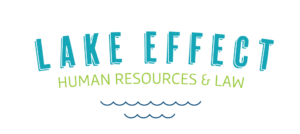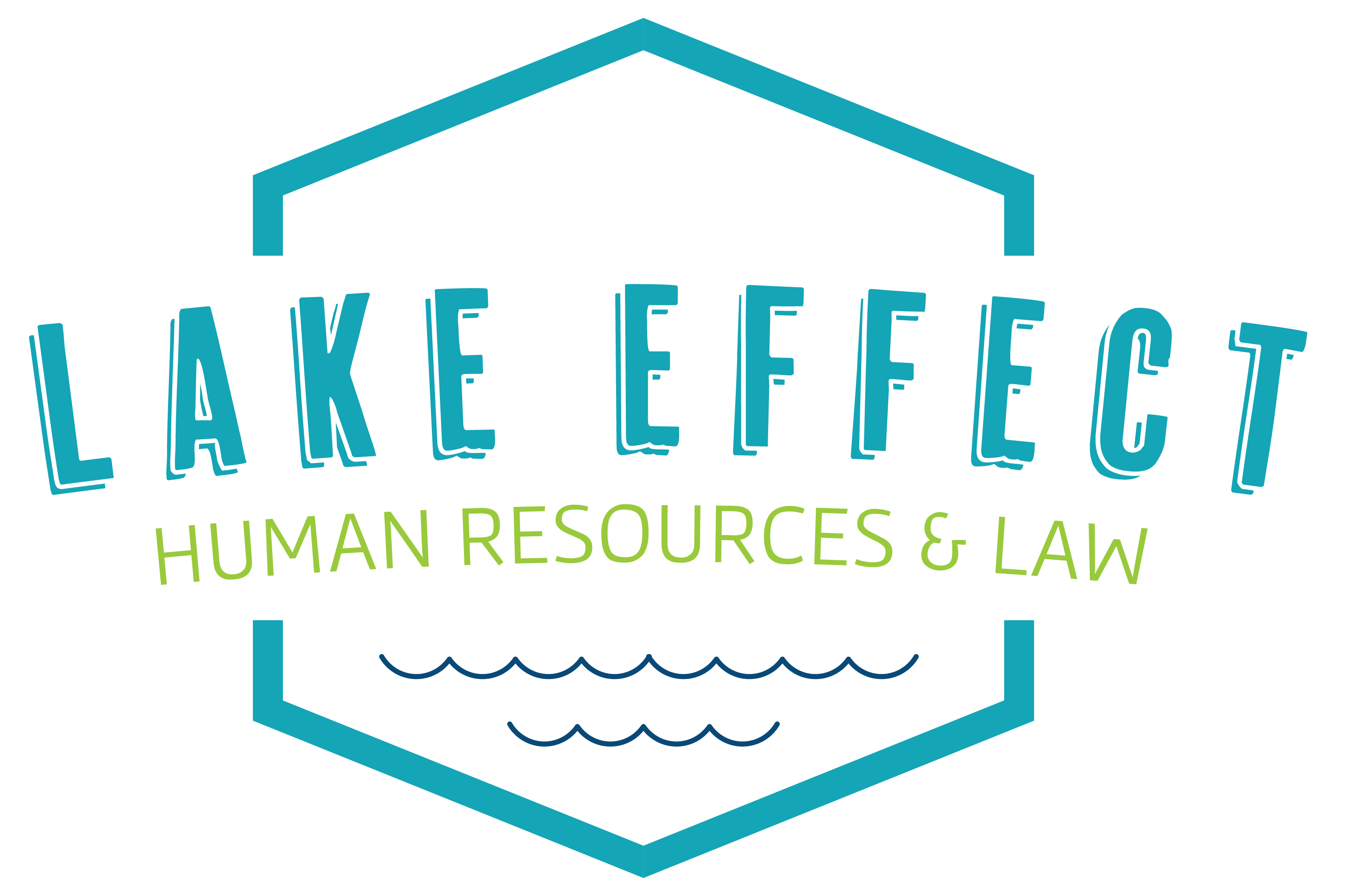Supreme Court: OSHA Exceeded Its Authority by Requiring Large Employers to Adopt Mandatory Vaccination Policies, But Healthcare Providers Can Require Employee Vaccinations
On January, 13, 2022, The US Supreme Court issued its much anticipated decision on two Biden Administration initiatives aimed at increasing COVID-19 vaccination rates across the nation: (1) OSHA’s Emergency Temporary Standard, which requires large employers (100+ employees) to adopt mandatory vaccination policies; and (2) the Center for Medicare and Medicaid Services’ (CMS’) Interim Final Rule, which requires certified healthcare entities to mandate employee vaccinations. For a detailed discussion of OSHA’s ETS for large employees, please see Lake Effect’s prior blog on this topic.
As to the first, the Supreme Court reinstated a nationwide stay of OSHA’s ETS, finding that parties challenging OSHA’s vaccine mandate will likely prevail on the merits of the case. The Supreme Court explained that OSHA is tasked with regulating workplace health and safety. However, allowing OSHA to regulate the hazards of Americans’ daily lives would significantly expand its regulatory authority in a manner not authorized or intended by Congress. Under the Supreme Court’s ruling, the case will be sent back to the Sixth Circuit for a final decision on the merits, and OSHA cannot enforce the ETS in the interim. Given the Supreme Court’s decision, however, it is highly unlikely that the Sixth Circuit will uphold the ETS.
As to the second initiative, the Supreme Court upheld CMS’ ability to enforce its vaccination mandate for certified health care providers. The Court found that the US Secretary of Health and Human Services is authorized to impose detailed conditions on the receipt of Medicare and Medicaid funds, and those conditions are often aimed at preventing and controlling the transmission of communicable diseases. The Court concluded that requiring healthcare providers to mandate employee vaccinations as one such condition is well within the authority of CMS.
What Should Employers Do Now?
At this time, large employers need not implement OSHA’s detailed vaccination and testing requirements, and it is highly unlikely that the ETS will be upheld at all. However, employers of any size may lawfully implement their own vaccination and testing policies, as long as accommodations for eligible employees are granted in accordance with Title VII (religion) and the ADA (disability).
CMS can enforce its Interim Rule as to covered healthcare provider employers nationwide. Although further litigation on the Rule is likely, covered healthcare providers should prepare to meet upcoming compliance deadlines in January and February 2022.
Lake Effect is here to answer your questions about federal, state, and local regulations that impact employers across all industries. We continue to monitor important legal and HR developments, as well as COVID-related updates from federal, state, and local authorities. Please watch our blogs and emails for these important updates, as well as discussions of how compliance meets culture. To dive into these issues, contact us at info@le-hrlaw.com or 1-844-333-5253.




